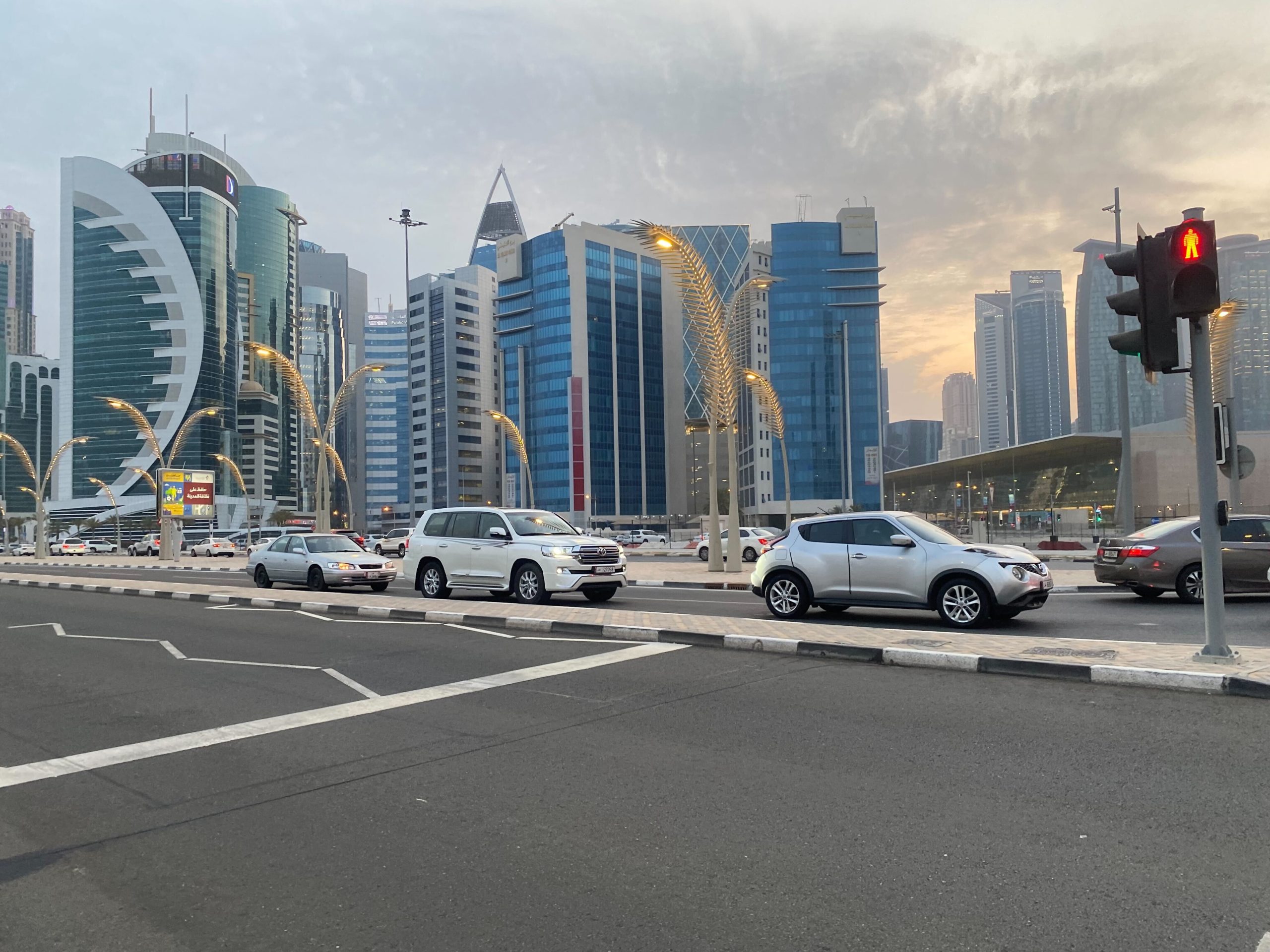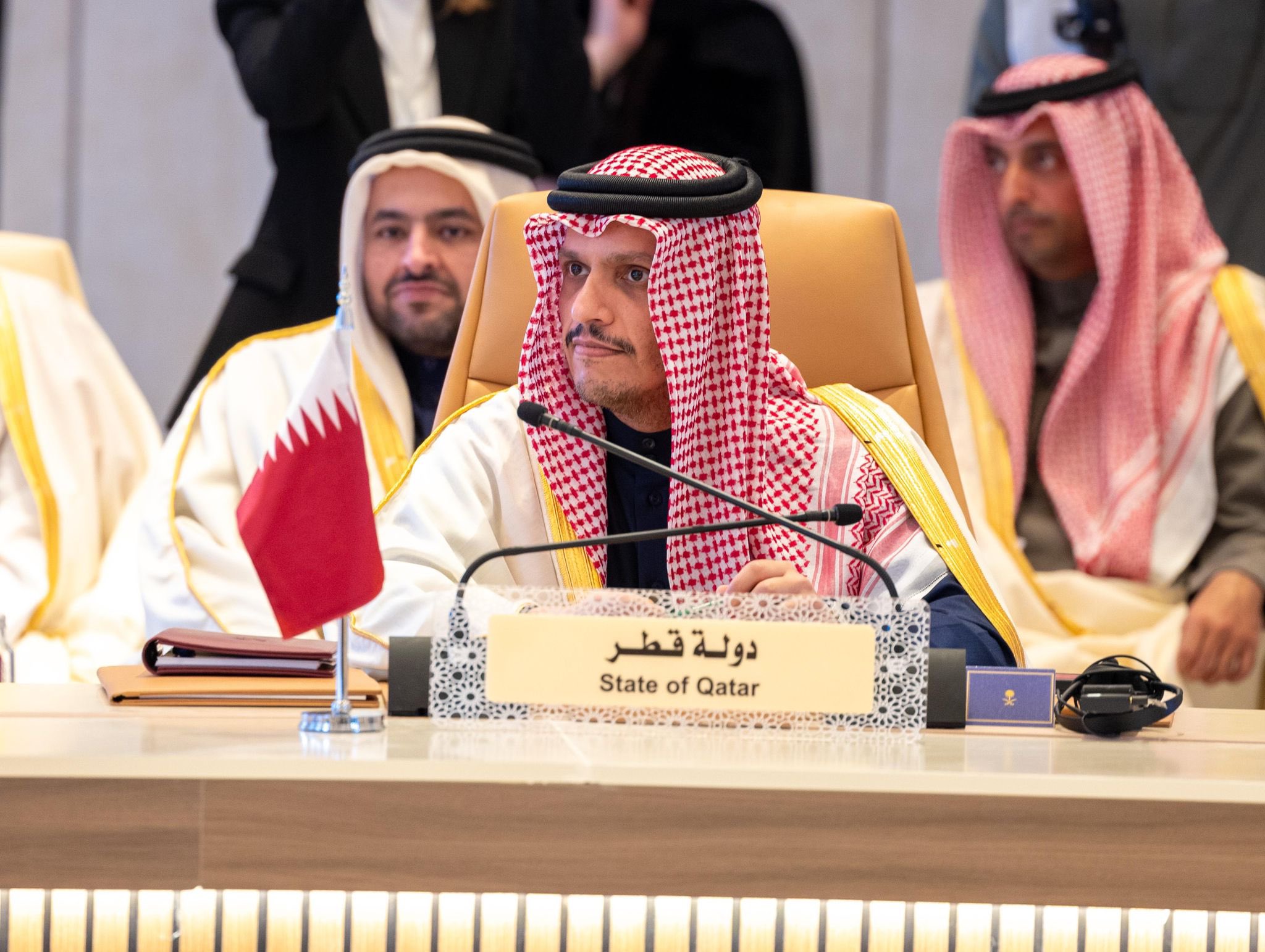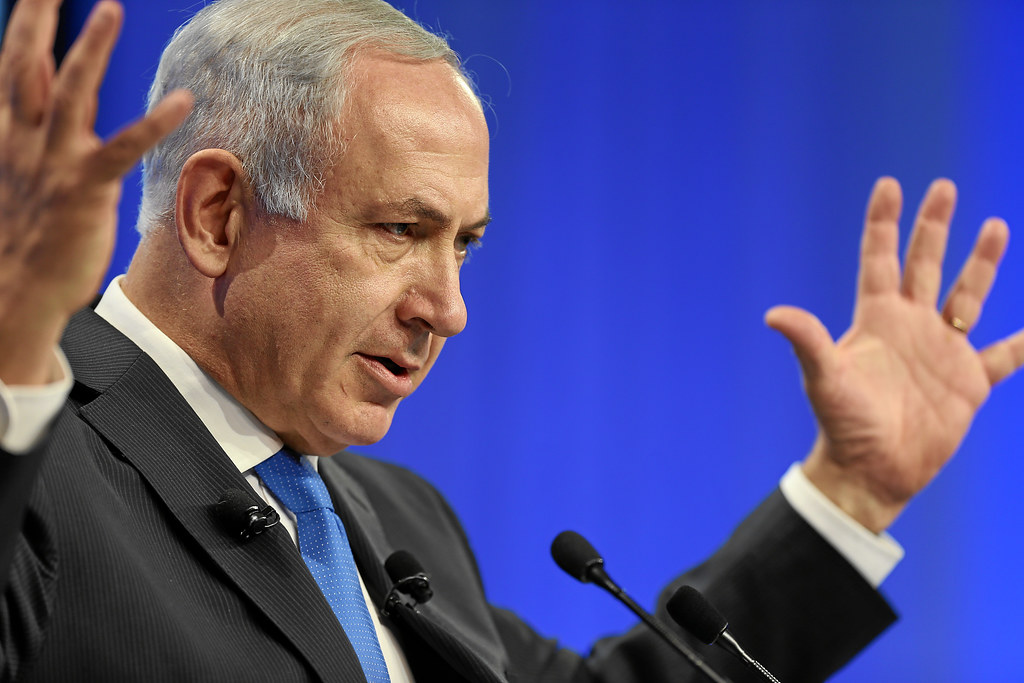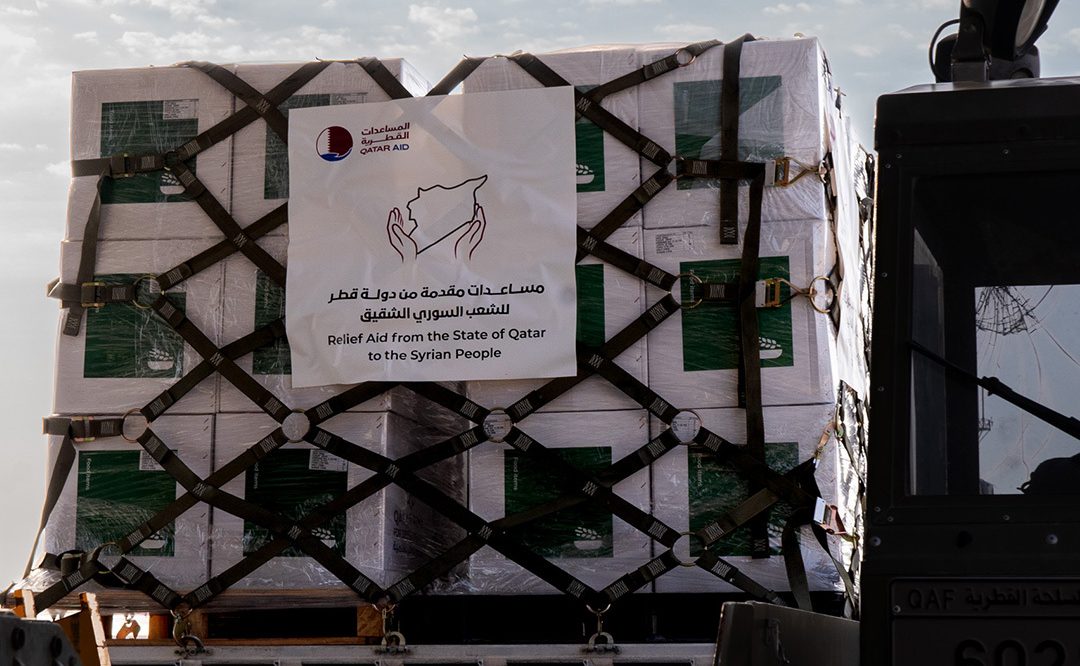State-of-the-art vehicle parking technology aims to alleviate congestion and enhance urban living in alignment with Qatar’s Vision 2030.
Approximately 3,300 parking sensors have been successfully installed across key districts of Doha, marking the completion of the first phase of the Smart Parking Management System.
This milestone was revealed in a press conference at the Ministry of Municipality headquarters on Wednesday. The initiative is a pivotal part of the broader Smart Qatar Program (TASMU) and aims to improve urban living conditions and spur economic growth.
“Work is progressing smoothly to complete the remaining stages and cover all priority areas. In the initial phase, we have installed 80 signboards, reaching an 80% completion rate,” Tariq Al Tamimi, Director of the Technical Office at the Ministry of Municipality, stated.
The newly installed sensors are part of an ambitious strategy to accommodate over 18,000 vehicles in areas such as West Bay, Corniche and Central Doha.
In partnership with Ashghal, Qatar’s Public Works Authority, the ministry has focused its efforts on demarcating specific zones for public parking.
The comprehensive parking solution will manage reservation procedures, fee collection, law enforcement, and penalties associated with parking violations.
Iman Al Kuwari, Director of the Digital Innovation Department at the Ministry of Communications and Information Technology, applauded the scheme as a pivotal technological advancement.
“This innovative solution employs a range of cutting-edge technologies like the Internet of Things, cloud computing, and artificial intelligence,” said Al Kuwari.
Infrastructure works for nearly 18,210 parking spaces in both designated and non-designated right-of-way areas, covering West Bay, the Qatar Energy District, Corniche and Central Doha, have been completed.
The Smart Parking Management System aspires to multiple societal improvements, including reduced road congestion, increased use of public transport, and a decrease in environmental pollution. It also aligns with Qatar’s long-term strategic objectives, notably the State Parking Master Plan 2022 and the Qatar Transport Master Plan 2050.







